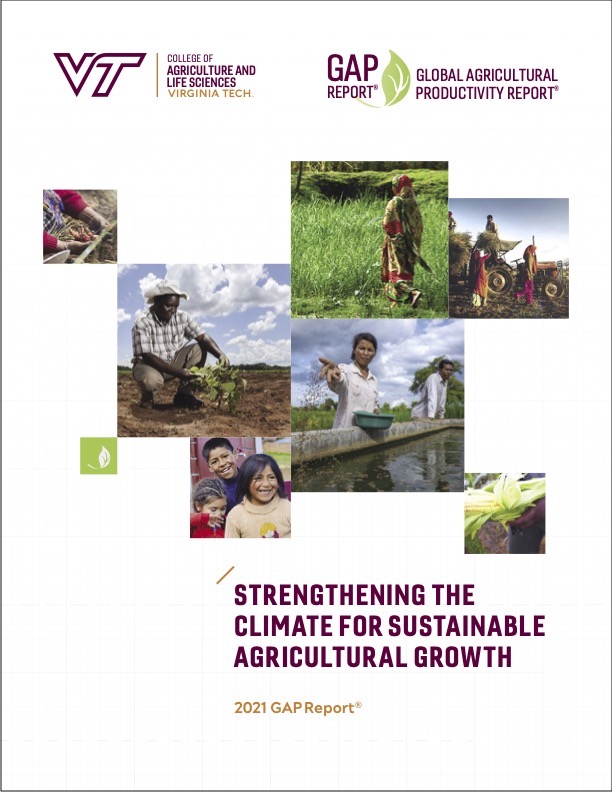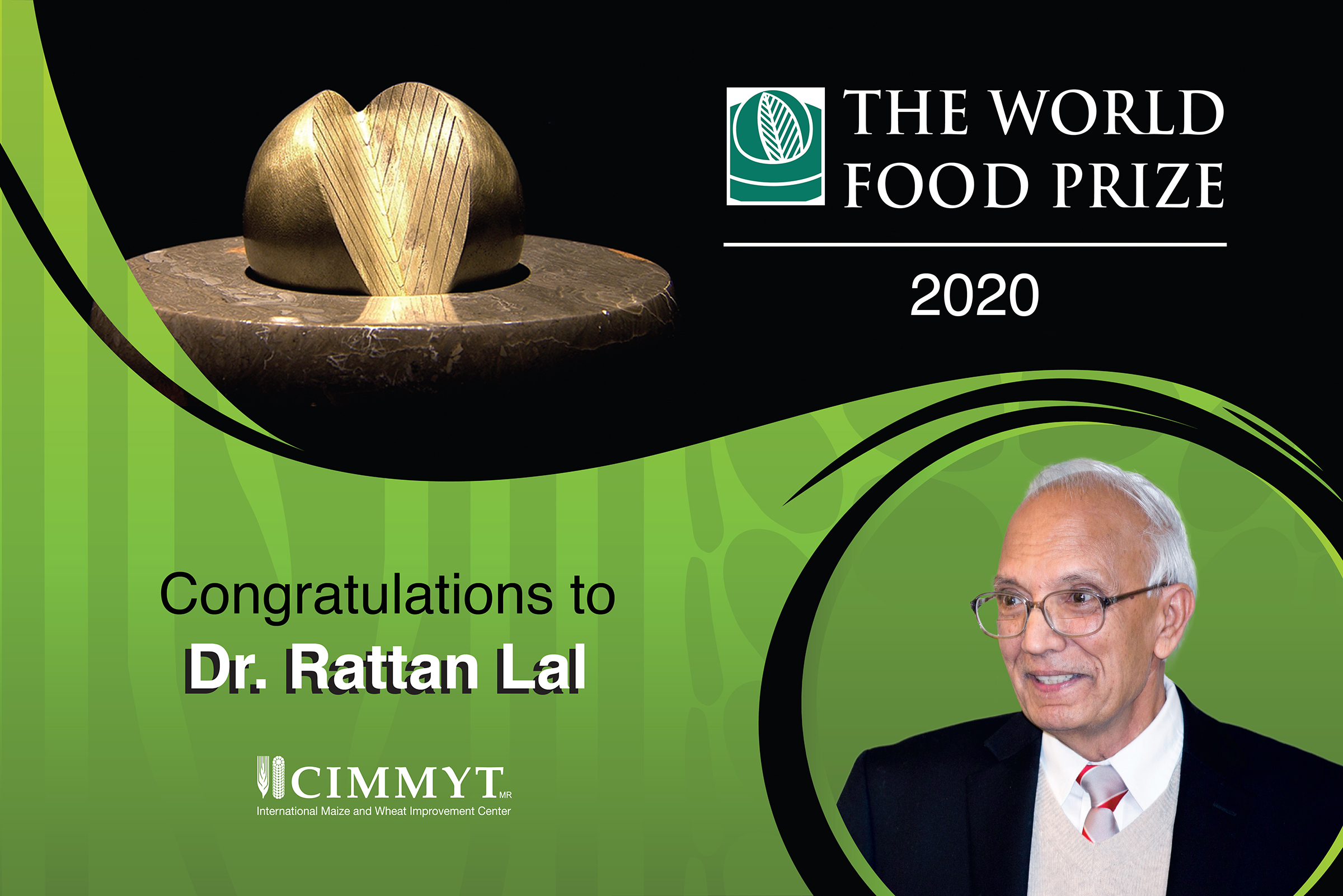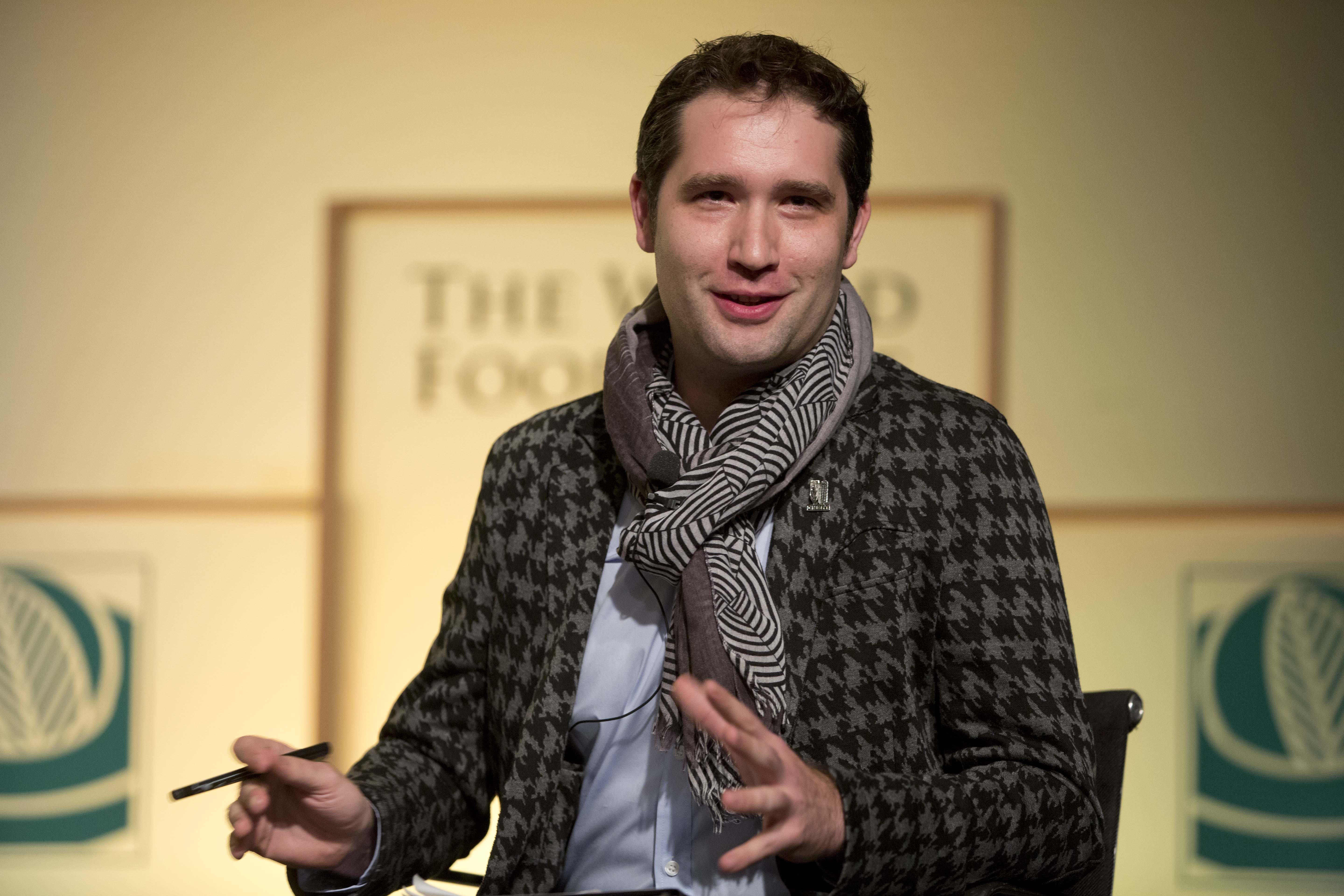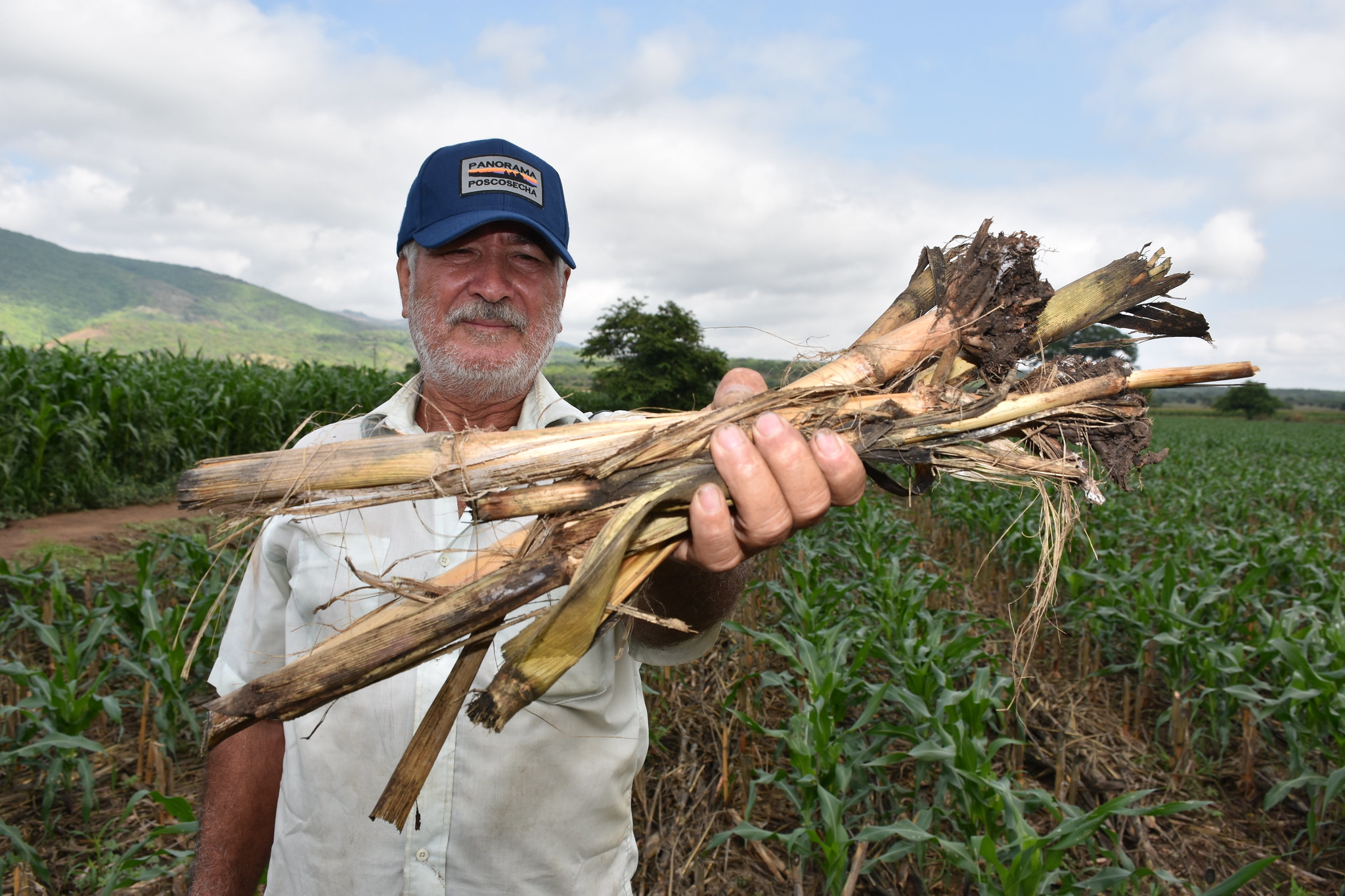 The 2021 Global Agricultural Productivity (GAP) Report warns that farmers and food workers globally face the intimidating challenge of producing food sustainably in a degrading environment. The global economic slowdown and climate change are making the situation even more difficult.
The 2021 Global Agricultural Productivity (GAP) Report warns that farmers and food workers globally face the intimidating challenge of producing food sustainably in a degrading environment. The global economic slowdown and climate change are making the situation even more difficult.
This year’s report, titled Strengthening the Climate for Sustainable Agricultural Growth, argues that “accelerating productivity growth at all scales of production is imperative to meet the needs of consumers and address current and future threats to human and environmental well-being.”
The report, produced by Virginia Tech, was presented at the 2021 Borlaug Dialogue, part of the World Food Prize events.
The International Maize and Wheat Improvement Center’s (CIMMYT) public–private partnership model for the Integrated Agri-food Systems Initiative (IASI) contributes to one of six key strategies that accelerate productivity growth, according to the 2021 GAP Report.
“Our integrated methodology engages farmers in participatory research and innovation efforts, effectively improving small-scale systems,” said Bram Govaerts, director general of CIMMYT. “This results-backed strategy bridges yield gaps and builds resilience to the effects of climate change, with the main objective of giving access to enhanced nutrition and new market opportunities.”
The skillset and cumulative knowledge of small farmers worldwide shapes CIMMYT’s integrated development projects.
“The Integrated Agri-food Systems Initiative (IASI) is designed to generate strategies, actions and quantitative, Sustainable-Development-Goals-aligned targets that have a significant livelihood of supportive public and private investment,” concludes the GAP Report.
The report argues that technology itself does not boost productivity and resilience. Instead, “partnerships play an important role in enhancing human capital: a set of skills and knowledge by producers and others in the agricultural value chain are essential in a time of pandemics.”

 Climate adaptation and mitigation
Climate adaptation and mitigation 
